Getting dental implants in Mexico has become an increasingly popular option for individuals seeking affordable and high-quality dental care. Generally, it is safe to get dental implants in Mexico, provided you do thorough research, choose a reputable clinic, and understand the process. This guide will walk you through the essential aspects of dental implant safety in Mexico, helping you make an informed decision.
Many people are drawn to Mexico for dental procedures due to significant cost savings compared to the US and Canada. However, the primary concern is often whether the quality and safety standards are comparable. The good news is that numerous Mexican dental clinics adhere to international standards, employing experienced, often US-trained, dentists and utilizing modern technology. Let's delve into the common questions and concerns people have about getting dental implants in Mexico.
What are Dental Implants?
"Dental implants are artificial tooth roots, typically made of titanium, that are surgically placed into the jawbone beneath your gums to hold a replacement tooth or bridge."
Dental implants serve as a strong foundation for fixed (permanent) or removable replacement teeth that are made to match your natural teeth. They are an excellent long-term solution for missing teeth because they fuse with your jawbone through a process called osseointegration. This provides stable support for artificial teeth, preventing them from slipping or shifting in your mouth, which is a common problem with dentures or bridges.
There are several types of dental implants, including endosteal (in the bone) and subperiosteal (on the bone). Endosteal implants are the most common type. The success of a dental implant largely depends on the health of the patient's jawbone and their commitment to oral hygiene.
Why Consider Dental Implants in Mexico?
"Many people consider dental implants in Mexico primarily due to the significant cost savings, access to high-quality care from experienced professionals, and the opportunity to combine dental treatment with travel."
The cost of dental implants in countries like the United States can be prohibitively expensive for many. Mexico offers a much more affordable alternative, often with savings of 50-70% for the same procedures using similar high-quality materials and technology. This affordability doesn't necessarily mean a compromise on quality. Many Mexican dentists are highly trained, with some having received education and certifications in the US or Europe.
Furthermore, popular dental tourism destinations in Mexico, such as Los Algodones (often called "Molar City"), Tijuana, Cancun, and Puerto Vallarta, have numerous clinics equipped with state-of-the-art technology. Patients can often receive prompt treatment without long waiting lists. The proximity to the US also makes it a convenient option for many North Americans.
Is it Actually Safe to Get Dental Implants in Mexico?
"Yes, it is generally safe to get dental implants in Mexico, provided you choose accredited clinics with qualified dentists and modern equipment. Many clinics adhere to international hygiene and safety standards comparable to those in the US and Europe."
The safety of dental implants in Mexico is a valid concern, but a blanket statement about it being unsafe is inaccurate. Like anywhere in theworld, the quality of dental care can vary. However, reputable clinics in Mexico prioritize patient safety and often hold international accreditations (e.g., from the American Dental Association or the International Organization for Standardization - ISO). These clinics follow strict sterilization protocols and use high-quality materials, including FDA-approved implants from well-known international brands.
Tens of thousands of US and Canadian patients successfully receive dental treatment in Mexico each year. The key is diligent research to identify established clinics with positive patient reviews and certified professionals. Many dentists in popular Mexican dental tourism spots are bilingual, facilitating clear communication.
What are the Risks Associated with Dental Implants in Mexico?
"The risks associated with dental implants in Mexico are similar to those in any other country and include infection, implant failure, nerve damage, or sinus problems. Choosing a qualified and experienced implantologist and a clinic with high sterilization standards can minimize these risks."
Any surgical procedure, including dental implant placement, carries potential risks. These include:
Infection at the implant site.
Implant failure, where the implant doesn't integrate with the jawbone (osseointegration).
Nerve damage, which can cause pain, numbness, or tingling in your natural teeth, gums, lips, or chin.
Sinus problems, if implants placed in the upper jaw protrude into one of your sinus cavities.
Damage to surrounding structures, such as other teeth or blood vessels.
While these risks exist, they are not necessarily higher in Mexico if you select a reputable clinic. Factors that can increase risk include smoking, poor oral hygiene, and pre-existing medical conditions like uncontrolled diabetes. A thorough pre-operative assessment by your Mexican dentist will help identify and mitigate these risks.
How Do Costs for Dental Implants in Mexico Compare to the US?
"Dental implants in Mexico can cost significantly less than in the US, often ranging from $750 to $2,000 per implant, including the abutment and crown, compared to $3,000 to $6,000 or more per implant in the US."
The primary driver for dental tourism in Mexico is the substantial cost difference. For example, a single dental implant procedure that might cost $4,000 in the US could be around $1,200 in Mexico. For full-mouth restorations like All-on-4 implants, savings can be even more dramatic, potentially tens of thousands of dollars.
These lower costs are due to several factors, including lower labor costs, reduced overhead expenses (rent, utilities), and a generally lower cost of living in Mexico. It's important to get a detailed quote that includes all aspects of the procedure – the implant itself, the abutment, the crown, surgical fees, and any necessary imaging or bone grafting – to make an accurate comparison.
How Do I Find a Qualified Dentist in Mexico for Implants?
"To find a qualified dentist for dental implants in Mexico, look for credentials such as specialization in implantology or oral surgery, years of experience, patient testimonials, and memberships in reputable dental associations (Mexican or international)."
Research is crucial. Start by looking for dentists who have specific training and experience in dental implant procedures. Many top Mexican dentists have received training in the US or Europe and are members of organizations like the Mexican Dental Association or even the American Dental Association (ADA).
Check online reviews and testimonials, but be discerning. Look for detailed reviews that discuss the specific clinic and dentist. Before-and-after photos can also be helpful. Don't hesitate to ask the clinic directly about the dentist's qualifications, the number of implant procedures they've performed, and their success rates.
What Should I Look for in a Mexican Dental Clinic?
"When choosing a Mexican dental clinic for implants, look for international accreditations, modern technology (like 3D CBCT scanners), strict sterilization protocols, English-speaking staff, transparent pricing, and positive patient reviews."
A reputable clinic will be transparent about its practices and qualifications. Key things to verify include:
Accreditation and Certifications: Look for clinics accredited by bodies like the ISO or recognized by dental tourism facilitators.
Technology and Equipment: Modern clinics use advanced diagnostic tools like digital X-rays and 3D Cone Beam Computed Tomography (CBCT) scanners for precise implant placement. They should also have an in-house lab or work with a high-quality one.
Sterilization and Hygiene: The clinic should follow international sterilization standards (e.g., using autoclaves) to prevent cross-contamination and infection. Ask about their protocols.
Materials Used: Inquire about the brands of implants they use (e.g., Nobel Biocare, Straumann, Zimmer Biomet are well-known international brands). Ensure they are made from biocompatible materials like titanium.
Communication: Ensure the staff and dentist can communicate clearly in your language.
Clear Treatment Plan and Pricing: Get a detailed treatment plan in writing, outlining the procedures, timeline, and total costs, including any potential additional charges.
Are the Materials Used for Dental Implants in Mexico Safe and High-Quality?
"Yes, reputable dental clinics in Mexico often use the same high-quality, internationally recognized brands of dental implants and materials (like titanium) that are used in the US and Europe, ensuring safety and durability."
This is a common concern, but established Mexican dental clinics catering to international patients understand the importance of using high-quality materials for dental implants. They often source their implants, crowns, and other prosthetic components from reputable global manufacturers. These materials are typically FDA-approved or meet equivalent international standards.
Always ask your chosen clinic about the specific brand and type of implants they use. You can then research these brands independently. Cheaper is not always better, so ensure the cost savings are not due to substandard materials.
What is the Success Rate of Dental Implants in Mexico?
"The success rate of dental implants in Mexico, when performed by qualified professionals in reputable clinics, is generally high, often cited as 95-98%, which is comparable to success rates in the US and other developed countries."
The success of a dental implant procedure depends on various factors, including the dentist's skill, the quality of the implant, the patient's jawbone health and density, and post-operative care and oral hygiene. Reputable clinics in Mexico that use high-quality materials and experienced implantologists achieve success rates that are on par with international standards.
It's important to follow all pre- and post-operative instructions provided by your dentist to maximize the chances of successful osseointegration and long-term implant stability.
What About Sterilization and Hygiene Standards in Mexican Dental Clinics?
"Many top dental clinics in Mexico, particularly those catering to dental tourists, adhere to stringent sterilization and hygiene protocols, often meeting or exceeding US CDC or OSHA guidelines, to ensure patient safety."
Concerns about hygiene are understandable when considering medical treatment abroad. However, established Mexican dental clinics invest heavily in maintaining high standards of cleanliness and sterilization. This includes using autoclaves for instrument sterilization, disposable materials where appropriate, and maintaining a clean clinical environment.
You can ask clinics about their specific sterilization methods. Look for certifications or memberships that indicate adherence to quality control. Some clinics even offer virtual tours or will gladly show you their sterilization facilities during an in-person consultation.
How is Communication with Dentists and Staff in Mexico?
"In popular dental tourism destinations in Mexico, many dentists and clinic staff are bilingual, speaking fluent English, which minimizes communication barriers and ensures patients fully understand their dental implant treatment."
Clear communication is vital for any medical procedure. Recognizing this, most dental clinics in Mexico that serve international patients employ English-speaking dentists, hygienists, and administrative staff. This ensures that you can discuss your concerns, understand the proposed treatment plan for your dental implants, and ask questions comfortably.
If you are concerned, you can confirm the language capabilities of the staff when you first contact the clinic. Patient coordinators are often available to assist with communication and logistical arrangements.
What Does the Dental Implant Procedure in Mexico Typically Involve?
"The dental implant procedure in Mexico generally involves an initial consultation and imaging, implant placement surgery, a healing period for osseointegration (typically 3-6 months), and finally, the attachment of the abutment and crown."
The process for getting dental implants in Mexico is similar to how it's done elsewhere:
Consultation and Planning: This includes a thorough oral examination, X-rays, and possibly 3D CBCT scans to assess your jawbone and plan the implant placement.
Implant Placement: The titanium implant post is surgically placed into your jawbone. This is usually done under local anesthesia.
Osseointegration: This is the healing phase where the implant fuses with the jawbone. It can take several months. A temporary crown or denture might be used during this time. Some patients may need to return home during this healing period or stay in Mexico if preferred and feasible.
Abutment Placement: Once osseointegration is complete, a small connector post called an abutment is attached to the implant.
Crown Placement: The final custom-made crown (the artificial tooth) is then attached to the abutment.
The entire process can take several months from start to finish, often requiring two trips to Mexico unless the clinic offers immediate load implants (which aren't suitable for everyone).
What About Follow-Up Care After Getting Implants in Mexico?
"Reputable dental clinics in Mexico provide clear instructions for aftercare and may offer remote consultations or coordinate with your local dentist for follow-up, though significant issues might require a return trip."
Post-operative care is crucial for the success of your dental implants. Your Mexican dentist will provide detailed instructions on oral hygiene, diet, and managing any discomfort after the surgery. Many clinics will schedule a follow-up appointment before you leave Mexico.
For long-term follow-up, you might need to establish care with a local dentist in your home country. Some Mexican clinics may have partnerships or be willing to communicate with your home dentist regarding your treatment. It's wise to discuss the plan for follow-up care before committing to the procedure. Understand the clinic's policy on warranties or guarantees for their work and what happens if complications arise after you return home.
Are there any Guarantees or Warranties on Dental Implants in Mexico?
"Many reputable dental clinics in Mexico offer guarantees or warranties on their dental implant work, which can range from 1 to 5 years or more, covering implant failure or issues with the prosthetic. It's important to get the terms in writing."
A clinic that stands by its work will often provide a guarantee for their dental implants and restorations. The terms of these guarantees can vary significantly between clinics, so it's crucial to understand what is covered (e.g., implant material, surgical procedure, crown), the duration of the guarantee, and any conditions that might void it (e.g., poor oral hygiene, not attending regular check-ups, certain medical conditions).
Always request the guarantee or warranty policy in writing before starting treatment. This provides a level of assurance and recourse if something goes wrong with your dental implants.
How Do I Handle Travel and Accommodation for Dental Implants in Mexico?
"Many dental clinics in Mexico catering to international patients can assist with travel and accommodation arrangements, sometimes offering packages that include hotel stays and airport transfers, making the process smoother for dental implant patients."
To make the experience as seamless as possible, many Mexican dental clinics offer services beyond just the dental treatment. This can include:
Assistance with booking flights.
Arranging local transportation (e.g., airport pickup, rides to and from the clinic).
Recommendations or partnerships with nearby hotels, sometimes at discounted rates.
Patient coordinators who can help with logistics and answer any non-medical questions.
Discuss these services with the clinic when planning your trip. Some popular dental tourism destinations are also tourist-friendly, offering plenty of amenities and attractions if you plan to combine your treatment with a vacation.
What Payment Methods are Accepted for Dental Implants in Mexico?
"Most dental clinics in Mexico accept various payment methods for dental implants, including cash (USD is widely accepted), credit cards, debit cards, and sometimes wire transfers or financing options."
Before traveling, confirm the accepted payment methods with your chosen clinic. While credit cards are common, be aware of any potential foreign transaction fees your card issuer might charge. Some clinics might offer a slight discount for cash payments.
It's also wise to inquire about payment schedules – whether full payment is required upfront or if it can be made in installments corresponding to different stages of the dental implant treatment. Ensure you receive a clear, itemized bill for all services.
Ready to explore your options for safe and affordable dental implants? PlacidWay can help you connect with reputable and experienced dental providers in Mexico and around the world. Discover high-quality healthcare services tailored to your needs and budget. Explore PlacidWay today!

-(1).png)





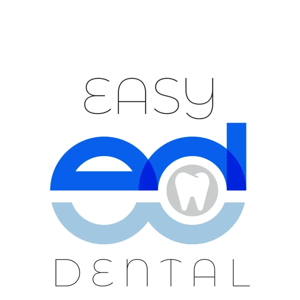

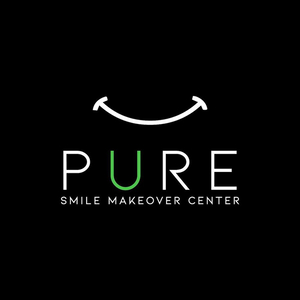
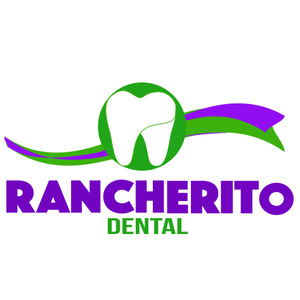
.png)




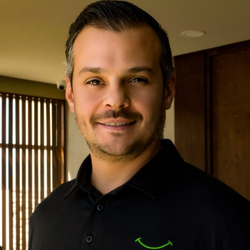


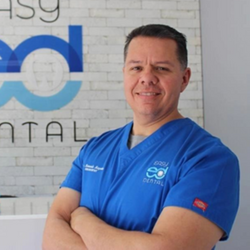



-(1).png)



.png)

.png)
.png)
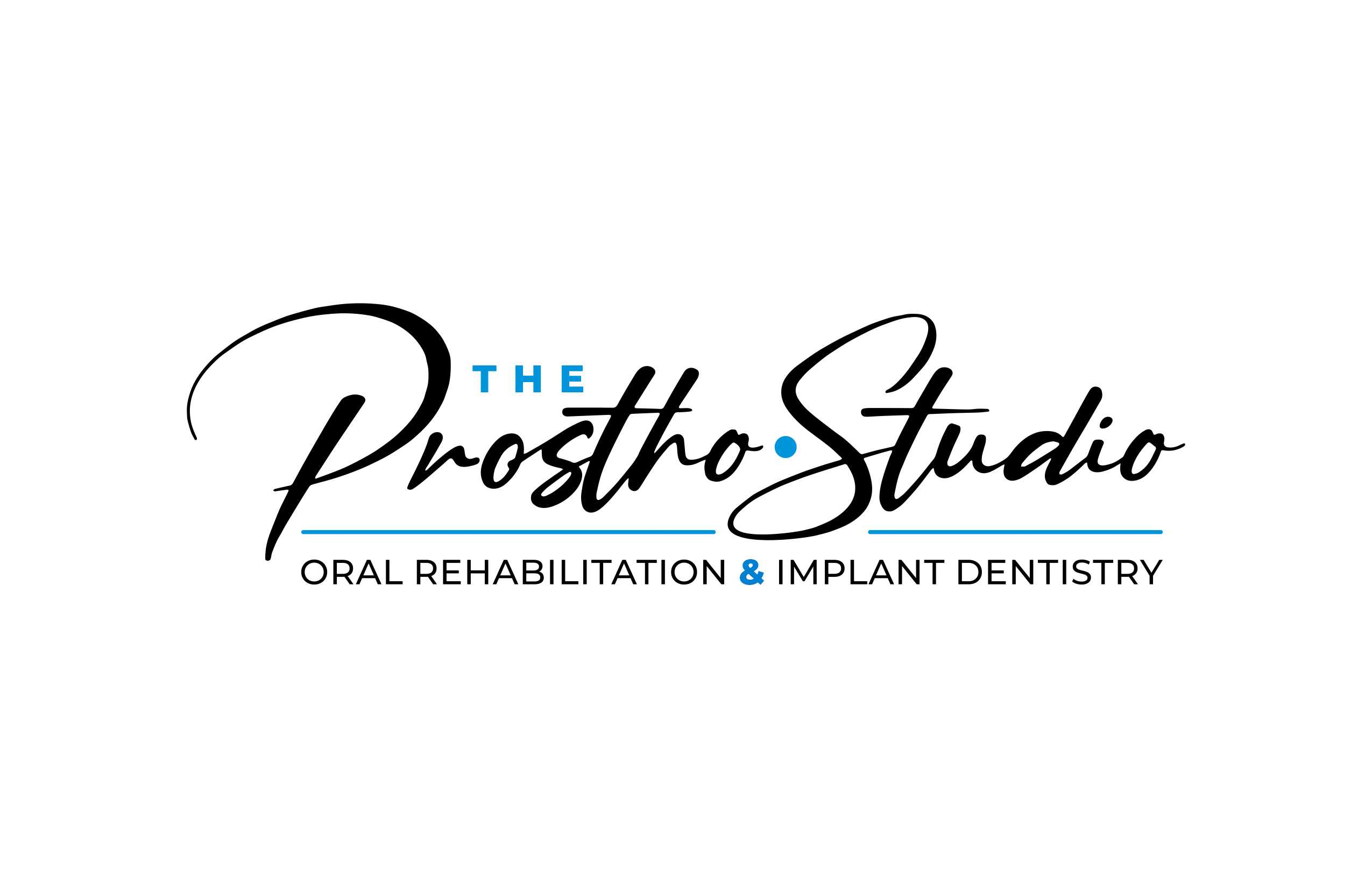
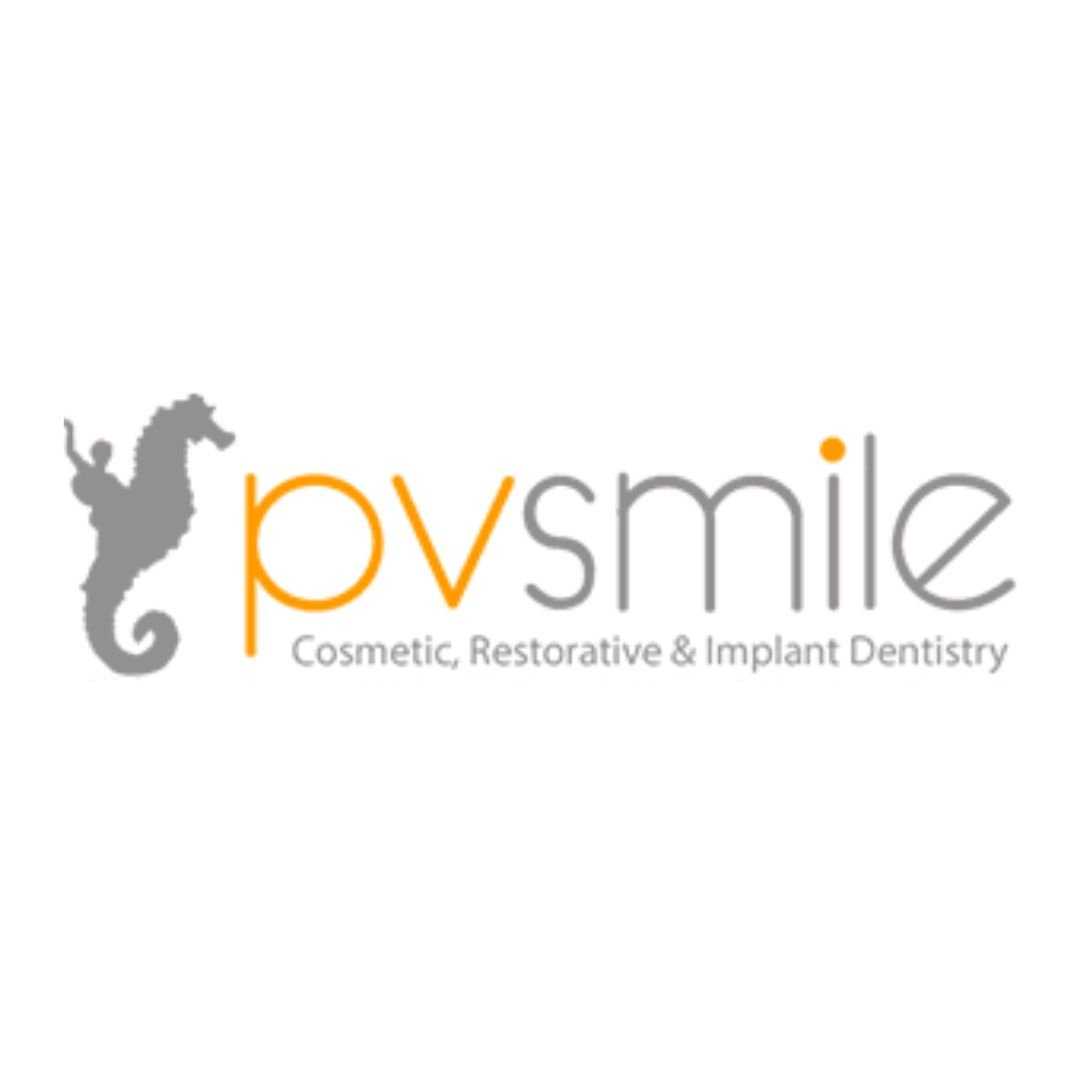

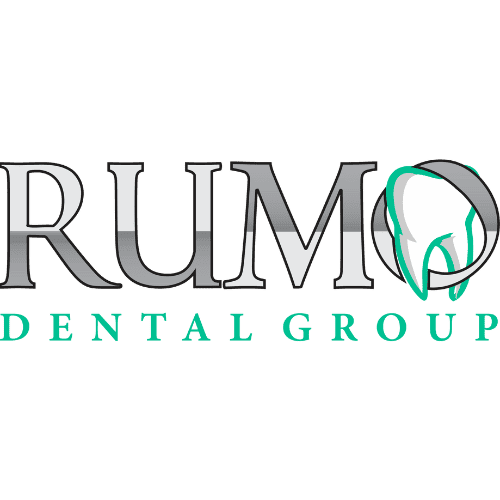


Share this listing